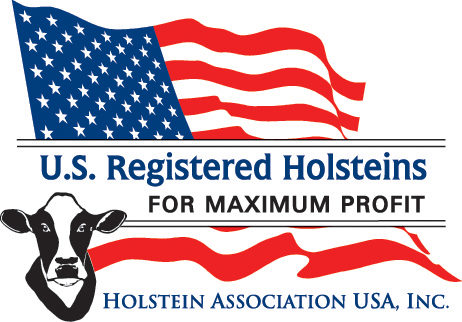U.S. Secretary of Agriculture Sonny Perdue called the U.S.-Japan trade agreement “a big win for our farmers and ranchers,” giving them enhanced market access to the U.S. third-largest agricultural export market. Under the agreement, Japan committed to provide increased market access to American food and agricultural products by eliminating or reducing tariffs, or allowing a specific quantity of imports at a low duty.
Out of the $14.1 billion in U.S. food and agricultural products imported by Japan in 2018, $5.2 billion were already duty-free. Under this first-stage initial tariff agreement, Japan will eliminate or reduce tariffs on an additional $7.2 billion of U.S. food and agricultural products.
While early reports indicate this deal does not fully achieve the same tariff rate reductions as those negotiated under the abandoned Trans-Pacific Partnership or the European Union-Japan deal, it should deliver those benefits to cheese and whey – two of our largest dairy exports to Japan, said Michael Dykes, head of the International Dairy Foods Association (IDFA). Import tariffs on cheese and whey will be eliminated in stages.
The U.S. exported $270 million in dairy products to Japan in 2018, with room for further growth. However, without an agreement that addressed the inequalities in market access granted to U.S. competitors through Japan’s agreements with the European Union (EU) and 11 other countries through the Comprehensive and Progressive Agreement for Trans-Pacific Partnership (CPTPP), a 2019 U.S. Dairy Export Council (USDEC) study found that the U.S. risked losing $1.3 billion in exports over a decade, costing dairy farmers $1.7 billion in farm income.
Heads of the USDEC and National Milk Producers Federation (NMPF) said the initial stage of the U.S.-Japan agreement is a start on closing that gap, but additional elements are still needed to ensure a strong final dairy package.
“This enhanced access into the Japanese market is welcome news,” said Tom Vilsack, president and CEO of USDEC. “Japan represents a rapidly growing market, and without a trade deal, our competitors are poised to seize valuable market share from U.S. dairy.”
“This interim trade agreement with Japan is welcome news for farmers across the U.S. who have seen their incomes damaged by trade disputes,” said Jim Mulhern, president and CEO of NMPF. “Today’s news is not the end of the road though; it’s the first leg of the journey. To reap those full rewards and ensure the U.S. is able to best compete in the Japanese market, the subsequent stage of negotiations must secure further inroads into Japan, building upon what our key competitors – the European Union and New Zealand – have secured there."
“The U.S. dairy industry is very pleased to see that the United States and Japan have reached an agreement that will reduce tariffs on U.S. exports of certain food and agricultural goods to Japan’s growing market,” said Dykes. “If we had done nothing, U.S. dairy would continue to be less competitive in a global marketplace where Japan has implemented trade deals with competitors including the EU, New Zealand and Australia.”
In addition to dairy, Japan will reduce tariffs in stages on beef and pork products and eliminate tariffs on a variety of nuts, fruits and vegetables. Additionally, some products will receive preferential market access through the creation of Country Specific Quotas (CSQs), and others will see Japan’s “markup” reduced.
In exchange, the U.S. will provide tariff elimination or reduction on 42 tariff lines for agricultural imports from Japan. The U.S. has also agreed to modify its global World Trade Organization (WTO) tariff rate quota for imports of Japanese beef.
Once approved and implemented, over 90% of U.S. food and agricultural products imported into Japan will either be duty-free or receive preferential tariff access, according to Denise Bode, partner with Michael Best Strategies.
The agreement won’t need congressional approval and can go into effect as soon as it is ratified by Japan’s legislature, Bode said. The Trump administration said the agreement is the first phase of a more comprehensive agreement that will be negotiated with Tokyo. ![]()

-
Dave Natzke
- Editor
- Progressive Dairy
- Email Dave Natzke






